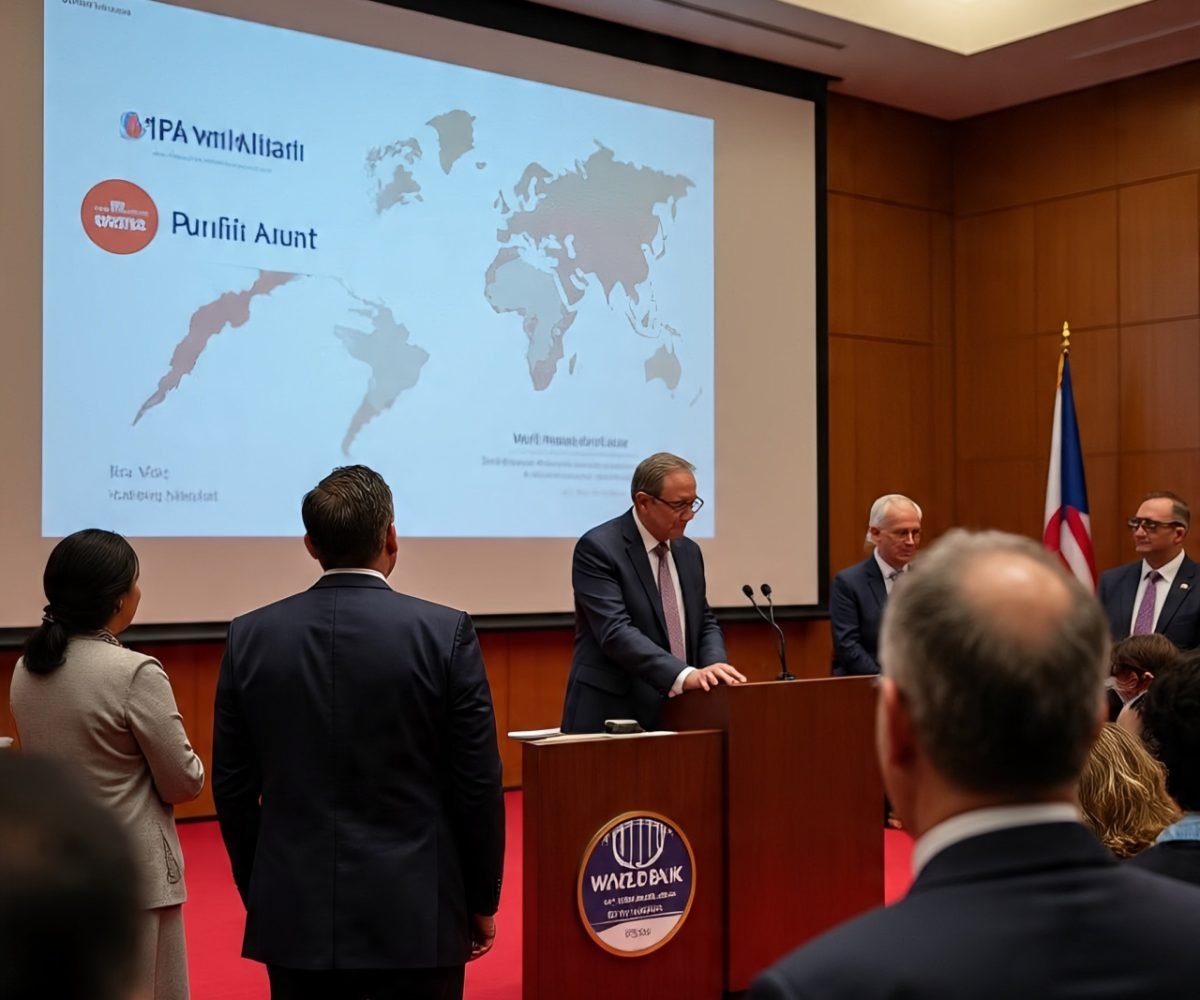World Bank unveils Punjab education project expected to benefit more than four million children.

World Bank Approves $47.9 Million Education Grant for Punjab
Major Support for Early and Primary Education
The World Bank (WB) has approved a US$47.9 million grant for Pakistan, funded through the Global Partnership for Education Fund, to improve participation of girls and boys at pre-primary and primary levels in Punjab.
Focus Areas of the Project
The initiative, titled “Getting Results: Access and Delivery of Quality Education Services and System Transformation in Punjab Project,” will emphasize:
Expanding early childhood education
Re-enrolling out-of-school children
Enhancing teacher support
Improving the sector’s capacity to respond to climate change and emergencies
Impact and Beneficiaries
The project will directly benefit over 4 million children, including:
80,000 out-of-school children
More than 3 million enrolled in School Education Department (SED) schools
850,000 in the non-formal sector
140,000 differently abled children in Special Education Department (SpED) institutions
Additionally, over 100,000 teachers, school leaders, parents, and community members will benefit from professional development and awareness initiatives.
Statements from World Bank Officials
Bolormaa Amgaabazar, WB Country Director for Pakistan, described the project as a vital step in tackling learning poverty and ensuring equitable access to quality education. She stressed the importance of strengthening foundational learning and system capacity for long-term economic growth.
Izza Farrakh, WB Task Team Leader, said the project aligns with Punjab’s education reform agenda, focusing on governance, departmental coordination, school empowerment, and community partnerships.
For any further queries feel free to contact us.
FAQs
How much funding has been approved?
The World Bank has approved a US$47.9 million grant for Punjab’s education sector.
What is the main aim of the project?
The project aims to strengthen learning outcomes, expand early childhood education, re-enroll out-of-school children, and enhance the sector’s response to challenges like climate change.
Who will benefit from the project?
It will directly benefit over 4 million children and 100,000 teachers, leaders, and parents, with indirect benefits for all students in Punjab’s education system.
What institutions are involved?
The program covers the School Education Department (SED), Special Education Department (SpED), and the non-formal sector.
How does this align with broader goals?
The initiative supports the World Bank’s Country Partnership Framework with Pakistan, focusing on human capital, resilience, and poverty reduction.
